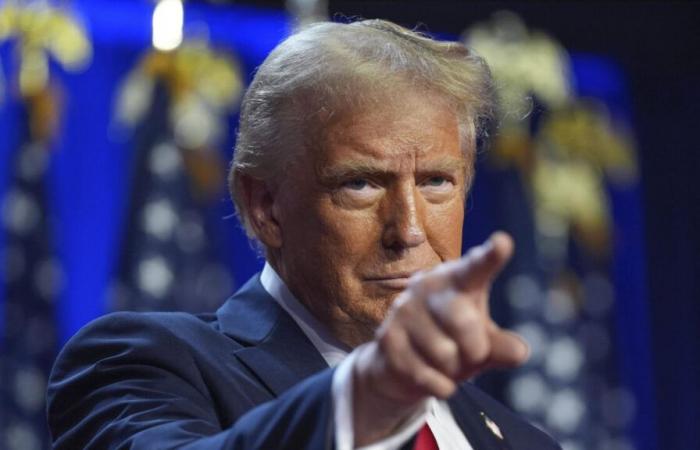EBetween ruptures and continuities, these choices raise serious questions about the future of American diplomacy.
First, it is impossible to ignore the choice of Marco Rubio as Secretary of State, a “hawk” who hides neither his skepticism in the face of massive military aid to Ukraine, nor his almost systematic alignment with the Israeli positions. Rubio, an iconic figure in the Republican Party, embodies a foreign policy vision that could reverse years of American involvement in Eastern Europe. His appointment hints at a scenario where Washington limits its support for kyiv to encourage a “negotiated solution,” a euphemism that, in practice, could mean ceding ground to Moscow.
If this approach aims to ease tensions, it also risks rewarding military aggression, a worrying precedent for global geopolitical balances.
At his side, Elise Stefanik, appointed ambassador to the United Nations, illustrates another facet of the Trump strategy: muscular diplomacy, but focused on narrow interests. A fierce defender of Trump and a strong voice of American conservatism, Stefanik could transform the American presence at the UN into an arena of confrontation, particularly against powers like China or Iran. Such a posture, although attractive for a certain electoral base, risks alienating the traditional allies of the United States and strengthening the influence of their rivals in already weakened multilateral institutions.
What about Ukraine and Gaza?
The implications of these choices for the war in Ukraine deserve particular attention. Trump has repeatedly said he would end the conflict “in 24 hours,” a promise that to many sounds more like campaign rhetoric than a realistic strategy. Yet with Rubio at the helm of diplomacy, such a proposal could well take shape. A quick “deal” with Russia, even at the cost of partial abandonment of the occupied Ukrainian territories, would have disastrous repercussions for the world order.
The United States’ European partners, already nervous in the face of contradictory signals from Washington, would find themselves facing an existential dilemma: continue support for Ukraine without American support or accept, reluctantly, an imposed peace. This would only further weaken transatlantic unity, a pillar of Western security since World War II.
At the same time, the repercussions of these appointments on the conflict in Gaza and, more broadly, in the Middle East, are equally worrying.
Trump, throughout his presidency, has displayed unwavering support for Israel. The former president’s recent calls for a “rapid cleanup” in Gaza leave little room for nuance. With Stefanik at the UN, this hard line could intensify, strengthening Tel Aviv’s hold on US strategic decisions in the region. However, this approach ignores the complex realities on the ground. Intensified Israeli strikes, combined with an ever more severe blockade, risk transforming Gaza into an uncontrollable powder keg, with repercussions across the entire Middle East. Added to this is the specter of an open confrontation with Iran, a scenario which worries many international observers.
Faced with these prospects, some see Trump’s appointments as a welcome reorientation, a return to a foreign policy focused on “national priorities.” But this vision rests on a questionable assumption: that the United States can selectively disengage from certain theaters of conflict while retaining its overall influence.
Recent history has demonstrated that the vacuum left by a superpower is often quickly filled, whether by China, Russia or regional actors with hegemonic ambitions.
So, what to conclude? Trump’s choices for his administration offer a glimpse of what could be a new era in American foreign policy: less multilateralism, more direct confrontation, and a strong emphasis on transactional bilateral relations. Such an approach could redefine the role of the United States on the international stage, but at what cost? World peace, already fragile, may not resist an “America first” in the narrowest sense of the term.
And if the world should learn anything from Trump’s appointments, it’s that the unexpected is now the only certainty. It remains to be seen whether this unpredictability will become a stabilizing force or a catalyst for chaos.
F. Ouriaghli






